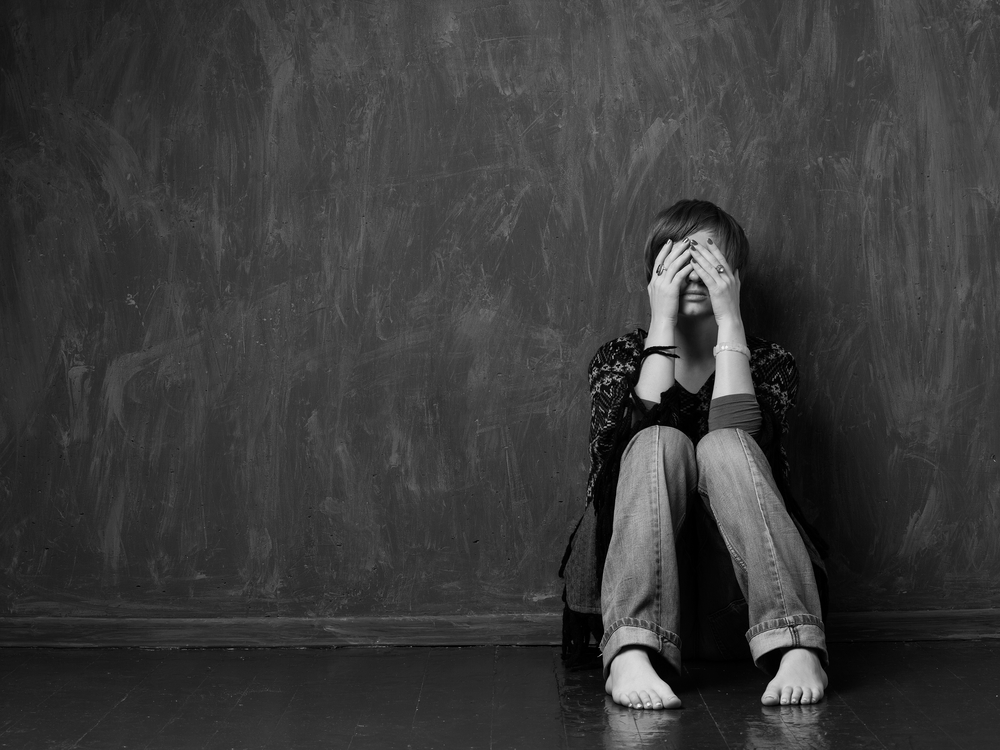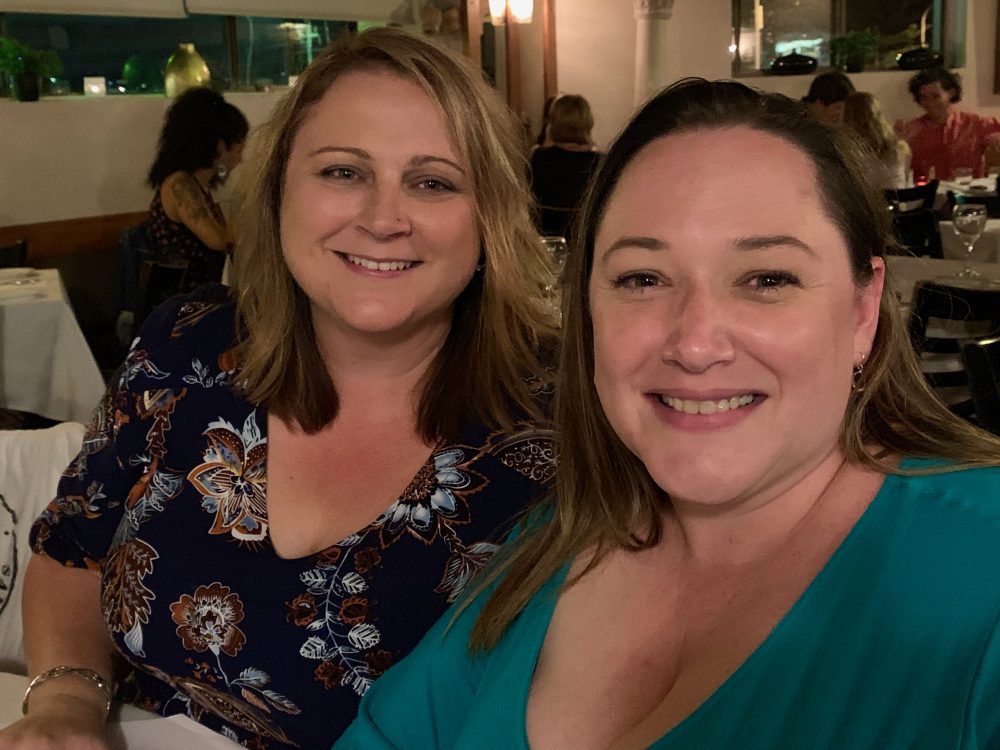Leaving an abusive partner can be incredibility difficult and, from a safety perspective, is one of the most dangerous times for a victim of family violence and their children. If you are thinking about leaving, below are some things to consider before you take the next step.
-
Get advice and support
Many people in abusive relationships feel isolated and alone. An important step to take is to reach out for help and advice. There are many resources on both a local and a national level.
www.1800respect.org.au has a list of service providers in each State and Territory that can provide help with finances, housing, counselling, Court support and much more.
It is also important that you have the power of information on your side. This means seeking legal advice before you leave. Get advice about what your and your children’s rights are and whether a Family Violence Order is right for you. You also need advice about whether you should stay in the house, division of property, child support, spousal maintenance and Centrelink benefits.
Your lawyer and other supports can also help you develop a plan and formulate the best strategy to implement that plan to give you an advantage and keep you safe.
-
Gather evidence (carefully)
If you are leaving an abusive partner, particularly if you have children, the more evidence you have about the family violence, the better. It can also assist if you gather as much financial information as you can before leaving. Often once you separate from an abusive partner, it can be difficult to obtain information about their assets and finances.
However, safety needs to be your first priority, so only take steps to gather evidence if it is safe to do so. If you can, it is a good idea to store any evidence you collect outside of the home or somewhere that is not accessible by your partner. For example, you might give any information you have to a friend to hold on your behalf, send emails to someone to hold for you recording events, store documents at work, set up a free online email account to electronically store information, or give it to your lawyer. You might also consider having a separate pre-paid mobile phone which your partner cannot monitor.
Some evidence you can gather includes: copies of text messages, keeping a diary of specific things said or done (including the date and time) and photos of injuries or damage to property.
If you are not yet ready to leave, but want to have evidence just in case, also report what is happening to your lawyer, your counsellor or your GP.
-
Get a safety plan in place for yourself and the children (and the pets)
Developing a safety plan and a plan to leave is best done with the support of specialist domestic violence service providers. Some of the things to consider include: whether you will have access to money, or are able to put some money aside in a safe place to take with you, do you have transport, will you be able to pack a bag for yourself and the children, whether you will stay at home or find alternative accommodation, whether you need a Family Violence Order, if you need help housing pets, key people who can help you, a list of emergency numbers, talking to your children about who they can call for help, and changing your passwords and other important information.
Our understanding of family violence has grown in recent years. While some violent relationships involve physical harm, not all of them do. The Family Law Act has also been amended to broaden the definition of family violence to include: behaviour that coerces or controls, derogatory taunts, unreasonably withholding financial support, preventing the family member from making or keeping connections with his or her family, friends or culture, and many more examples. The Courts also recognise the impact on children being exposed to family violence.
Making the decision to leave an abusive relationship can be difficult, so it is important you have the right support for you and your children. Remember – the safety of you and your children is the most important consideration.
You may also like to read:
Talking to Children about Violence
Life challenges… in Relationships… with a focus on the family









